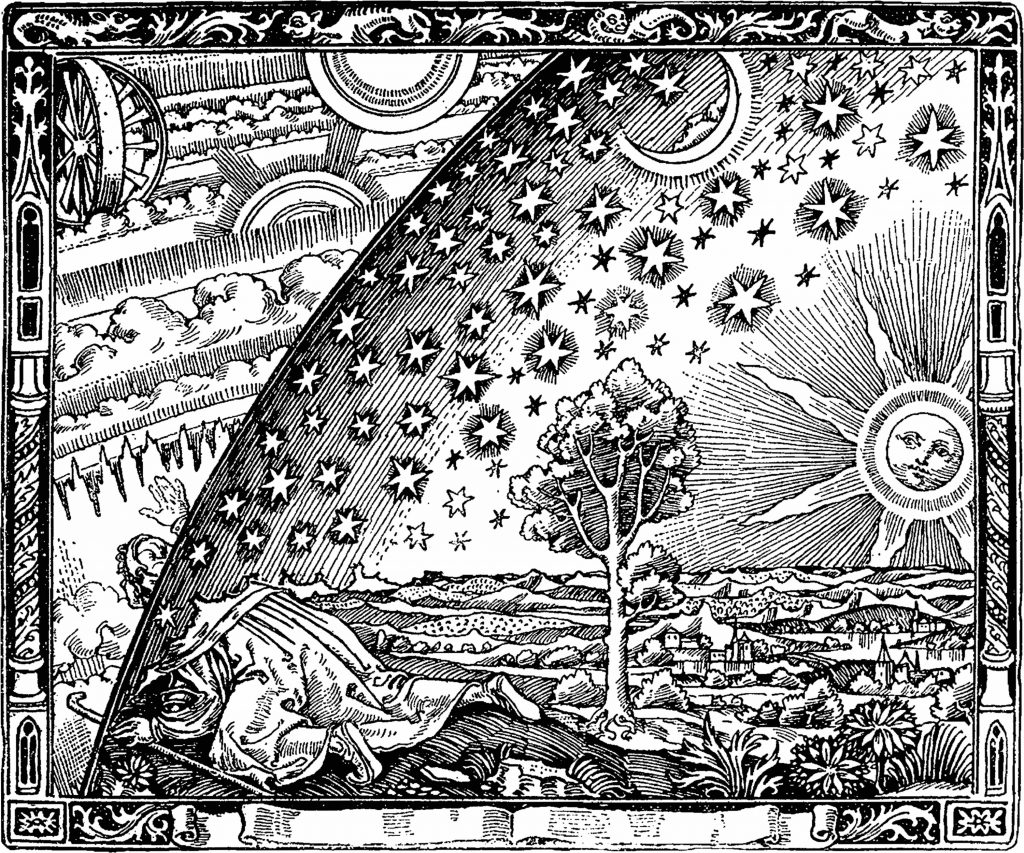Your Brain on Food*, How Chemicals Control Your Thoughts And Feelings
by Gary L. Wenk
Oxford University Press, 2010, 2015, $24,95, ISBN 978 0 19 939327 5
Reviewed by Susanne van Doorn
 How Nutrition can be addictive
How Nutrition can be addictive
Gary Wenk PhD, Professor of Psychology & Neuroscience & Molecular Virology, Immunology and Medical Genetics at the Ohio State University and Medical Center, has written a book that we all need to read. Because we are all addicted.
Some are addicted to love, but all of us are addicted to food. It is such a shame that there are not classes in schools, teaching our children about how the brain reacts to food.
Now this addiction is a necessity, because if we don’t eat, we are going to die. But Gary Wenk shows you how this addiction works. And he tells how drugs work.
“This book explores not only several drugs but also a range of foods with these effects”. There is not such a big difference between drugs and food…
Nutrition that is good for us
I know what you are thinking right now. “What food do I need to eat? Just tell me and I will go out and buy it. I will even eat it. Each day. Promise.”
But you know well enough as I do, that there is no miracle food. Gary refutes our believes about Ginkgo biloba as anti-aging miracle, reduces our believe in omega 3, unless you are depressed. He says what our mothers have always thought us: eat a lot of different foods, in a variety of colours. There is no need to take supplements, except for calcium if you are a woman of a certain age.

Fruit gets a thumbs up, because of the antioxidants. Oxygen is our biggest enemy, but we are not able to life without it. So eating lots of fruits is very good for the brain.
Nutrition and Fat
We all know that food in restaurants usefully tastes so much better than food at home. That is because of the magical ingredient of fat. Nutrition that contains fat is immediately rewarding. Do you know we have a fat gene?
“A recent study demonstrated that humans, and other animals, exhibit a protein on their tongue that can sense the presence of fat” (p. 43).

And did you know there is a parasite that eats your fat away? The T. Gondii… Before you start ordering this parasite, you have to know that ingesting any parasite is not without danger.
Conclusion: to buy or not to buy?
Pros:
- You owe it to yourself to educate yourself about food. This is a very informative book.
- The book covers the most important neurotransmitters: dopamine, histamine, acetylcholine and serotonin for example.
- You will find out that drinking coffee isn’t as bad as you always thought.
- You will find out that the only way to lose weight is to start eating less.
- You will find out that eating less is the best thing you can do for your brain.
- You are going to know so much more about Alzheimer and Parkinson, that it is a must buy for anyone who has a person with that disease in their midst.
Cons:
- The publisher wanted to make this a popular science book so there are no models of neural pathways in it. This is what I mean:
tryptophan -> 5-hydroxytryptophan -> serotonin. It is all explained in texts, of course. Gary knows his stuff, no question about it. But I missed these simple models and I experienced a craving for such a model with a list of food that would benefit a person who would want to increase these substances.
- Gary is a Professor. He has a scientific way of writing. The book is readable, but not really easy. You have to pay attention, scrabble your own models down and make your own conclusions. As a matter of fact, this could just as well be a pro, but if you are looking for an easy book, this isn’t it. You have to put your brain to work reading it.
- Being a dream expert I was disappointed to read a chapter about “Sleeping versus Waking” that is mostly about staying or being awake.
Mindfunda verdict:
8/10
*Here is an link to buy on Amazon if you enjoyed this review, and like to support our work. We appreciate your help
Our Current Courses (Click to find out More)
Sign up for our free e-book: 10 easy ways to instantly improve your dream memory

